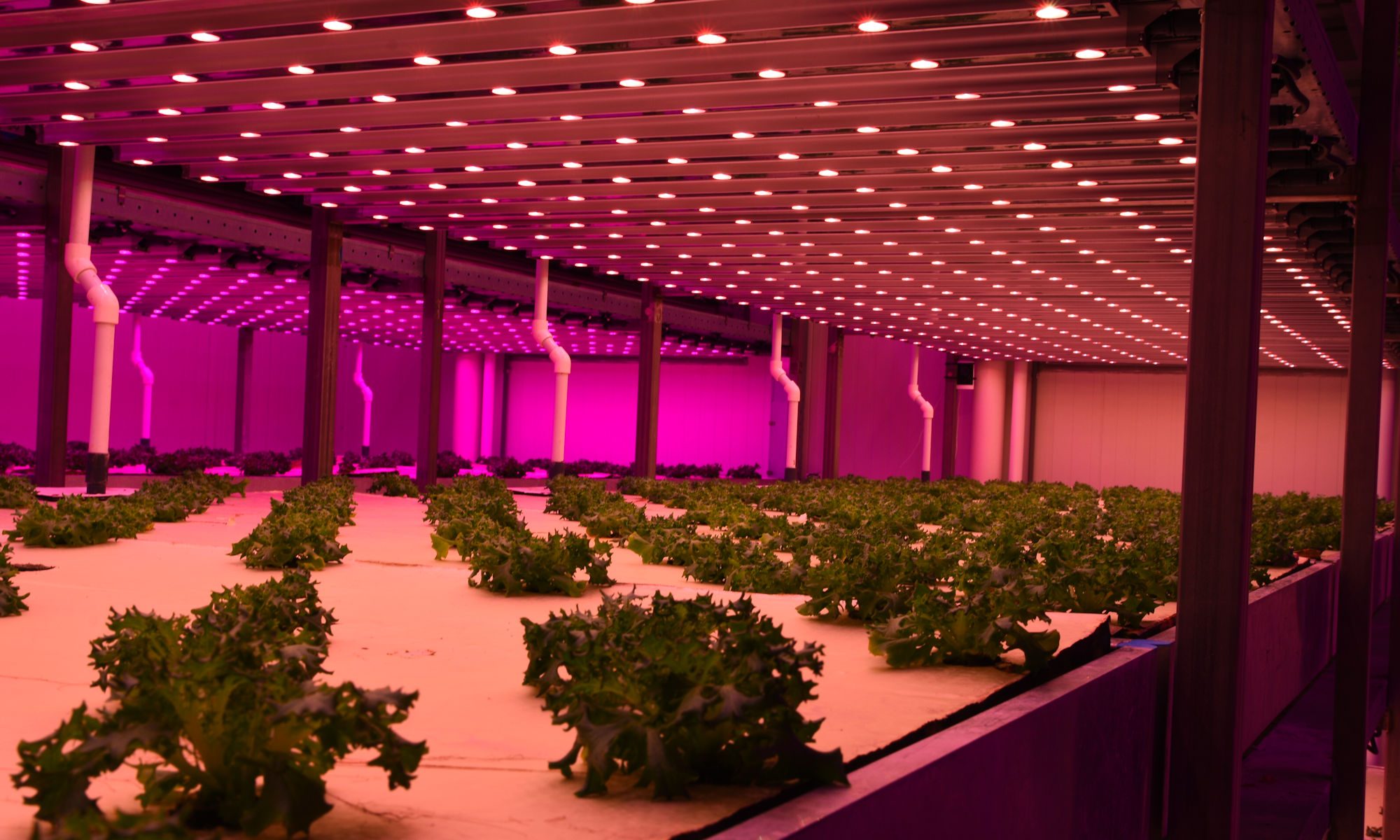Vertical farming is an innovative methodology for vertical cultivation of agricultural products in a small footprint, which can also realize true zero-mile city food supply.
Vertical farms can be built in new or existing buildings and provide significant benefits in environmental sustainability and human health, minimizing the need for water and nutrients, and eliminating pesticides and fungicides, which are no longer needed. Vertical farming and urban agriculture, if designed and implemented appropriately, could offer sustainable and innovative solutions for improving food security in a small footprint.
Focus topics of the conference are:
- Available technologies – LED lighting, sensors, AI
- Plant condition issues like: CO2, Nutrients, Irrigation, Climate, Lighting
- Energy Use / Sustainability issues/ Improved resource-use efficiency
- How Vertical Farming can play a role in Protein Transition
- Food safety / HACCP
- Robotics
- From traditional farmer to vertical farmer
Very often the term Urban Farmingis being used. In order to overcome the confusion more and more the abbreviation Controlled-environment agriculture (CEA) is used. CEA includes indoor agriculture (IA) and vertical farming and is a technology-based approach toward food production. The aim of CEA is to provide protection from the outdoor elements and maintain optimal growing conditions throughout the development of the crop. Production takes place within an enclosed growing structure such as a greenhouse or plant factory.
Who should attend?
(Vertical) Farmers, Growers | Operators | Investors | Suppliers | Customers | Agricultural industry | Urban planners | Architects | Technology suppliers (corporate, start-up) | System integrators | Governmental bodies (Local, Regional, National) | Project developers | Finance / Consulting | Food Logistics | anyone interested in vertical farming.

